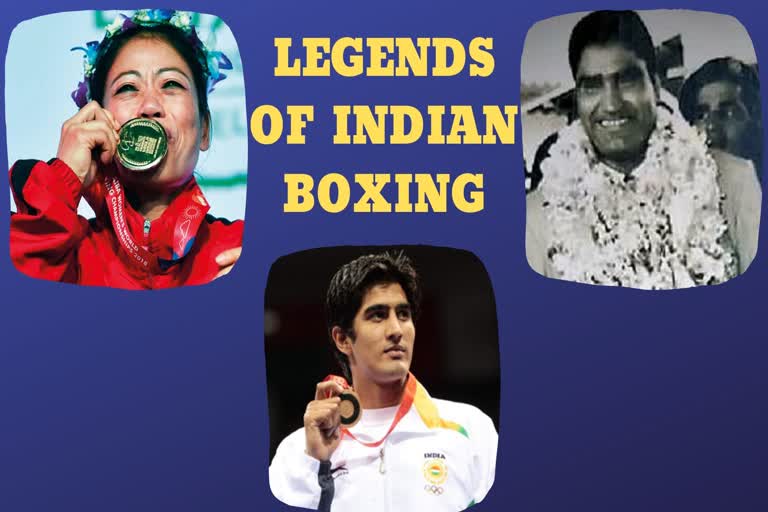Hyderabad: Today boxing is one of the most organised sports in India. Young boxers get their primary training at the Bhiwani Boxing Club while NIS Patiala gives them the finishing touch. At the world stage, Indian boxers are feared well. Their success at various international events speaks for them. Boxing began in India in the 1880s, though organised boxing became noteworthy only in the 1960s. Thereafter Indian boxers' significant performances at the Asian Games, World Boxing Championships and Olympic Games helped the sport become popular in the country.
Now, in this article, we discuss five legendary boxers who revolutionized the sport in India.
Captain Hawa Singh
Captain Hawa Singh is undoubtedly the real pioneer of boxing in Bhiwani, the boxing hub of India. India's famous boxing coach Jagdish Singh was Hawa Singh's pupil. Late boxing legend Hawa Singh remains the only boxer from the country to have won two successive Asian Games gold medals in 1966 and 1970. He was awarded the Arjuna award for this achievement. For almost a decade there was no better heavyweight boxer than Hawa Singh in Asia in the 1960s and 1970s. At the national stage, his dominance was so complete that he retained the national title for 11 consecutive years, from 1961 to 1972.
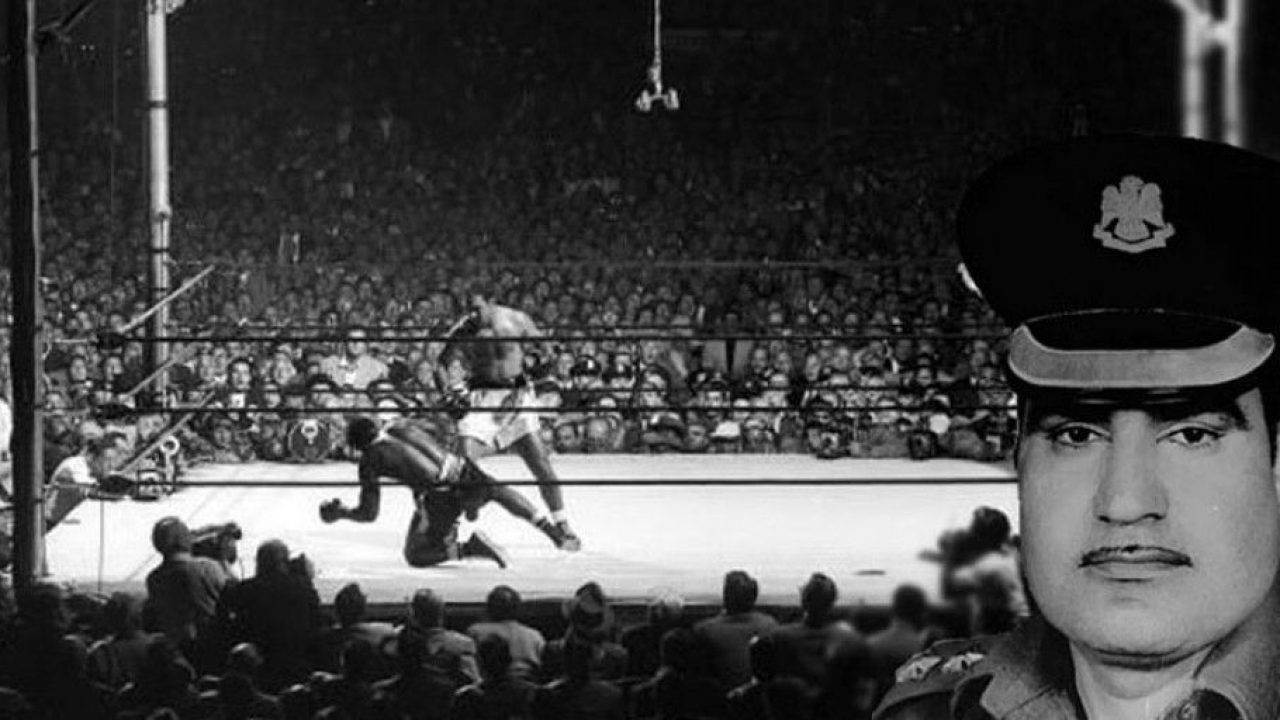
Following his retirement, Captain Hawa Singh of Indian Army moved to Bhiwani on the commission of Sports Ministry to set up a Sports Authority of India (SAI) centre for boxing in the late 1980s. And that is pretty much where the glorious journey of Indian boxing begun.
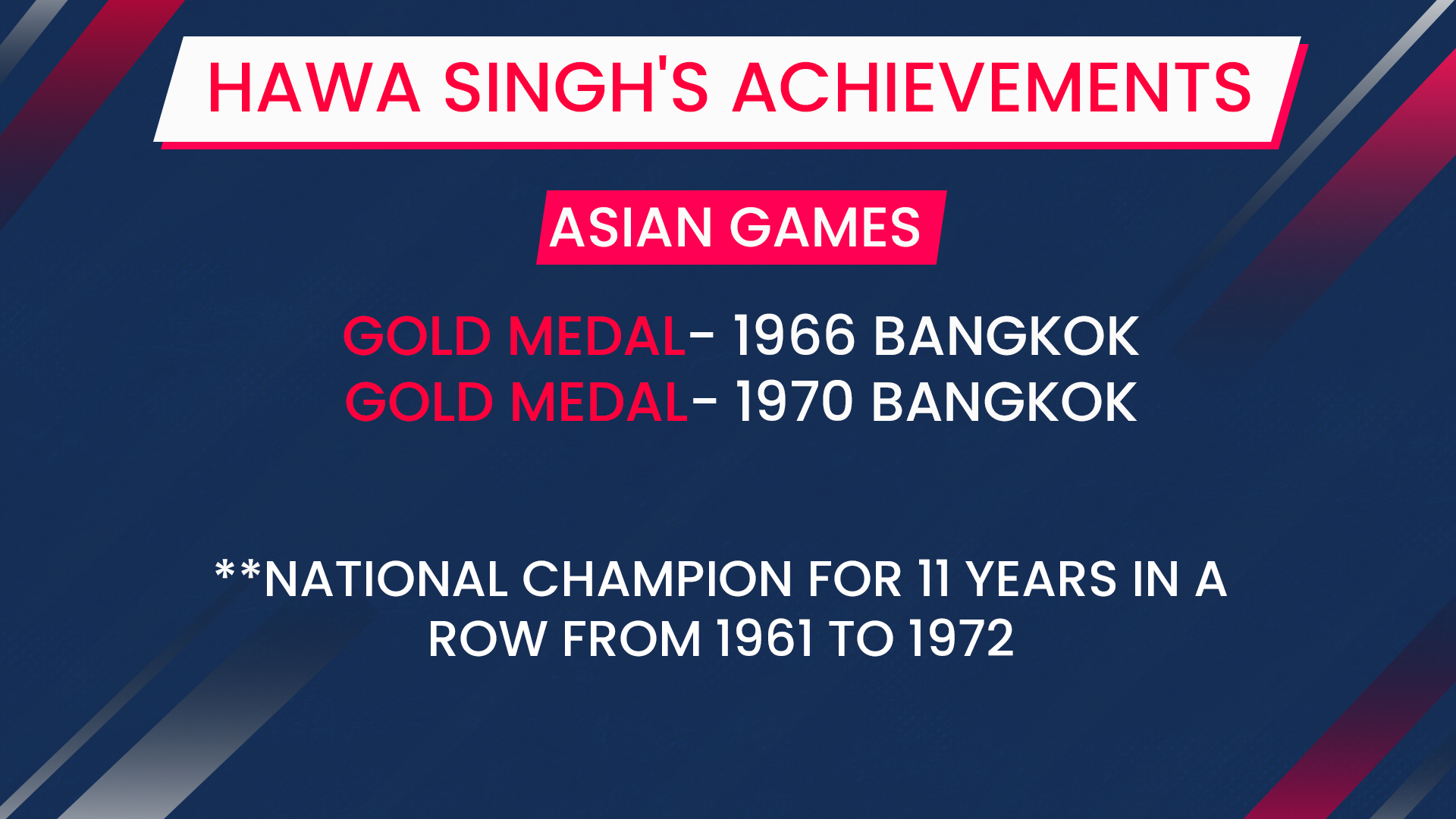
In 1999, Government of India chosen him for the prestigious Dronacharya Award recognising his contributions to the Indian boxing. But 15 days before the official award ceremony he passed away in Bhiwani on August 14, 2000. In February this year, Bollywood hero Salman Khan announced a biopic on Hawa Singh.
Dingko Singh
Much before Mary Kom put Manipur on the world map, it was bantamweight boxer Dingko Singh who made the headlines for the Northeastern state which has given India several good boxers over the years.
Dingko Singh first came into the limelight after winning the King's Cup in 1997 in Bangkok. The Manipuri boxer was declared the best boxer at the event. He was talented and justified the tag when he bagged the gold at the 1998 Bangkok Asian Games. His journey to the gold medal was full of surprises. Initially, he was not part of the Indian contingent but later inducted since he switched to 54kg category from the 51kg just a few months ago.
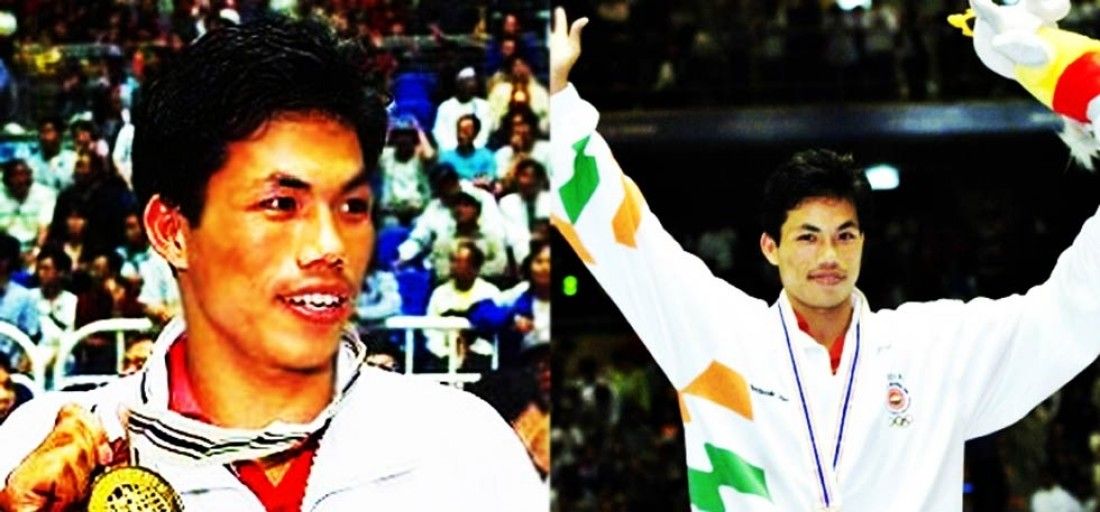
During the main event, he earned an upset victory defeating Thailand's World No. 3 Wong Prages Sontaya in the semifinal. His victory against Wong surprised everybody and it also instilled a belief among Indians that Dingko would return with the gold medal.
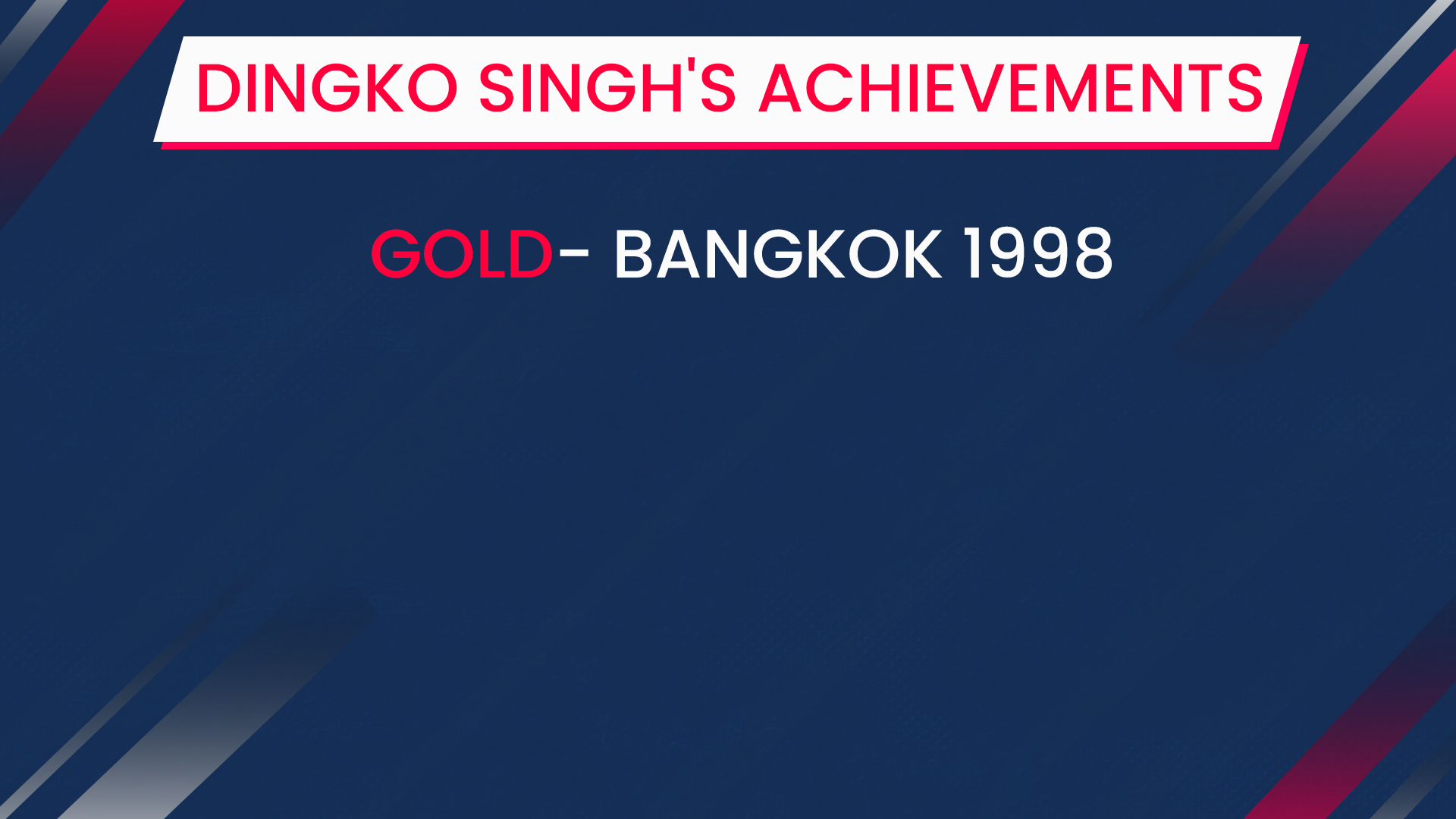
He didn't disappoint either as he defeated World No. 5 Timur Tulyakov of Uzbekistan in the final. Dingko was so dominant in the bout that Timur had to retire after the fourth round of the fight. Dingko was conferred with the Arjuna award in 1998 and Padma Shri in 2013.
Soon after the Asian Games success Dingko too faded away. A combination of injuries, indiscipline and sheer bad luck meant that Dingko, despite being India's best boxer of the period, would never batter his Asian Games performance. But he was acknowledged to be the best boxer in Asia in his category.
Recently it came into news that Dingko has been struggling to raise funds for treatment of a possible relapse of liver cancer.
Vijender Singh
He is the poster boy of Indian boxing. He is the man who popularises the sport in India.
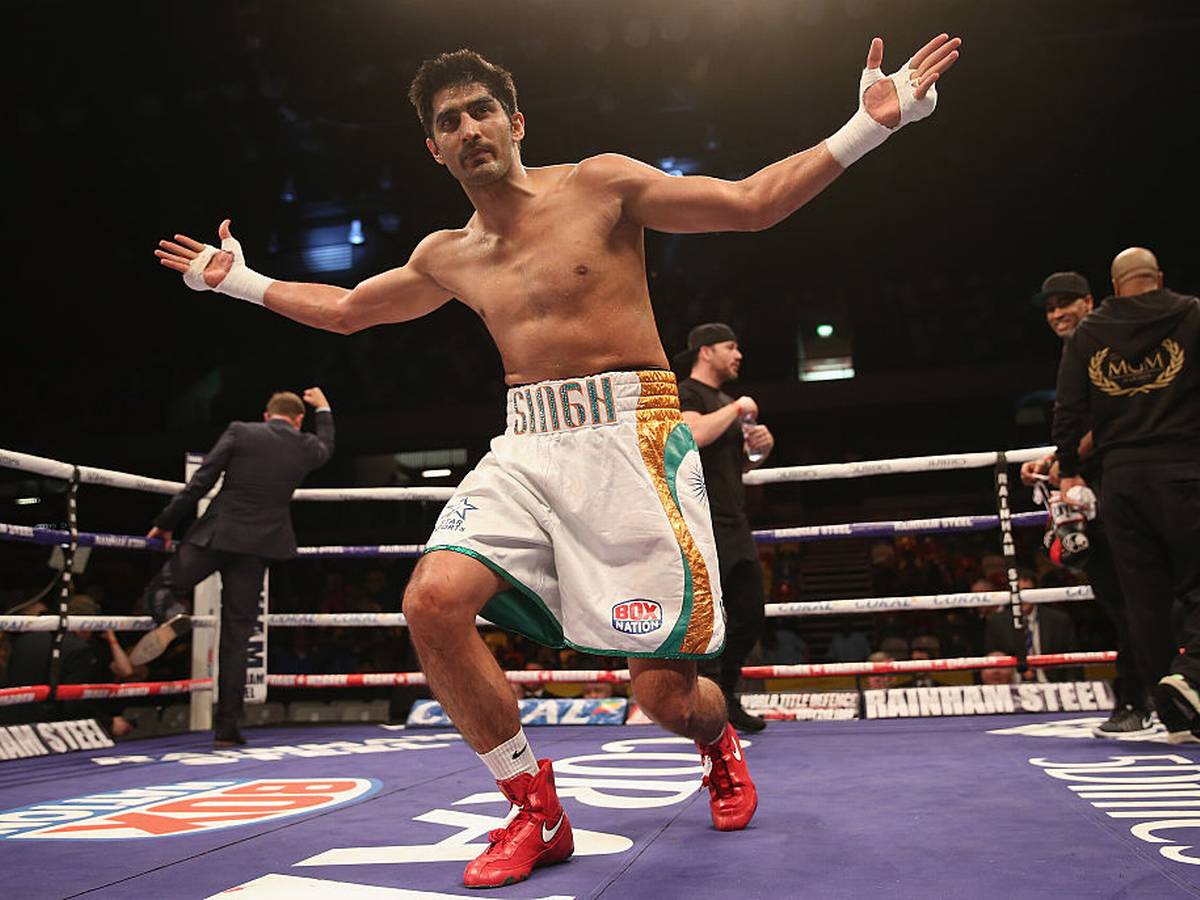
Vijender Singh is the first Indian boxer to win an Olympic medal in boxing. His 2008 Olympic bonze created a wave that has changed the face of boxing in India. The impact of his Beijing feat can only be compared to Indian men's cricket team's 2007 T20 World Cup victory in Johannesburg which convinced a sceptical BCCI to embrace T20 cricket as its money-spinner. Riding on 2007 WT20 triumph BCCI had set up IPL to earn in billions. On a similar line, boxing in India got a facelift, courtesy to Vijender's Beijing milestone.
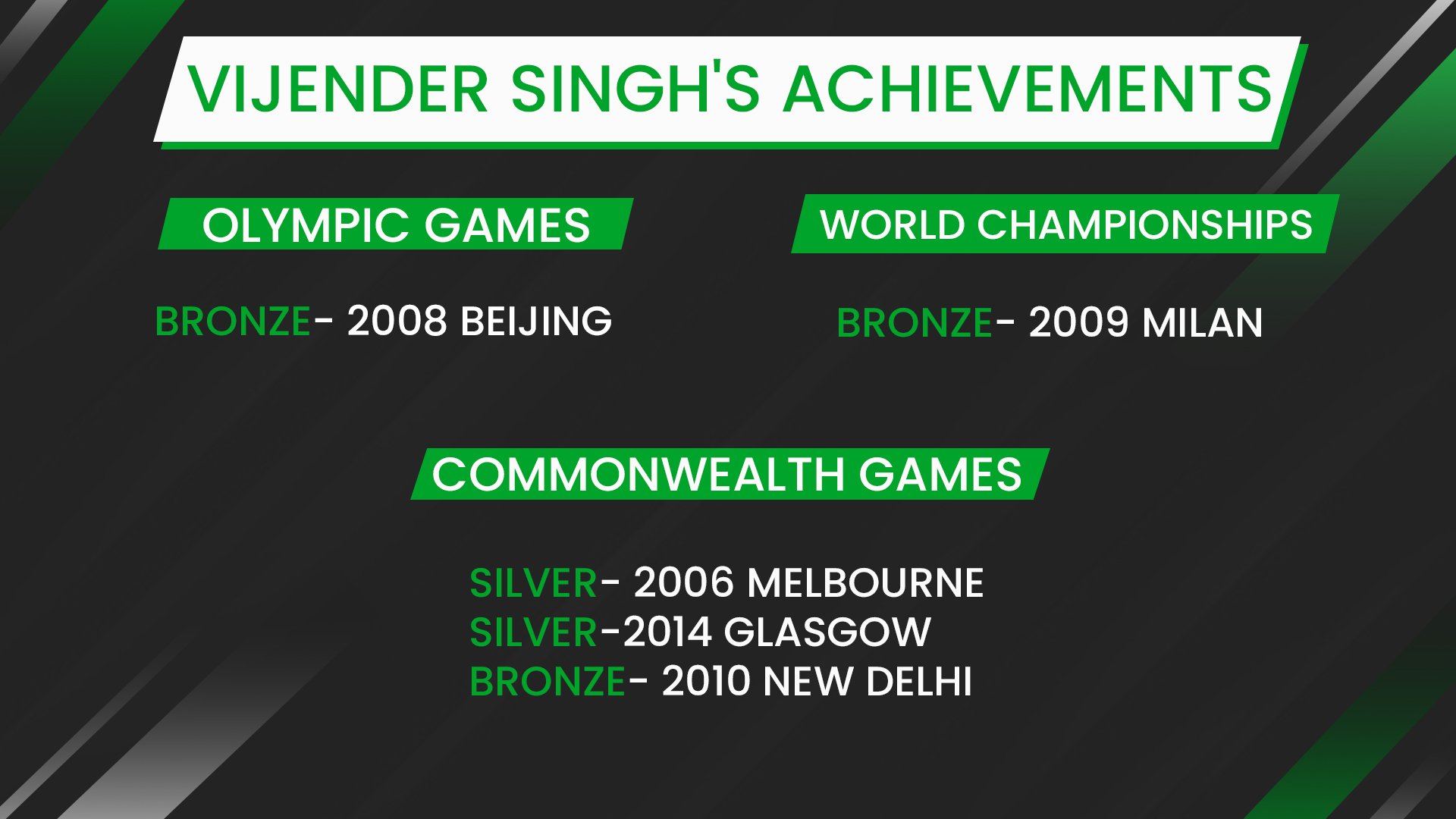
Today boxers in India are one of most sought after athletes. Unlike their predecessors current day Indian boxers get sponsors, kits and equipment from well-known brands. The country also got its own franchise-based boxing league, Indian Boxing League.
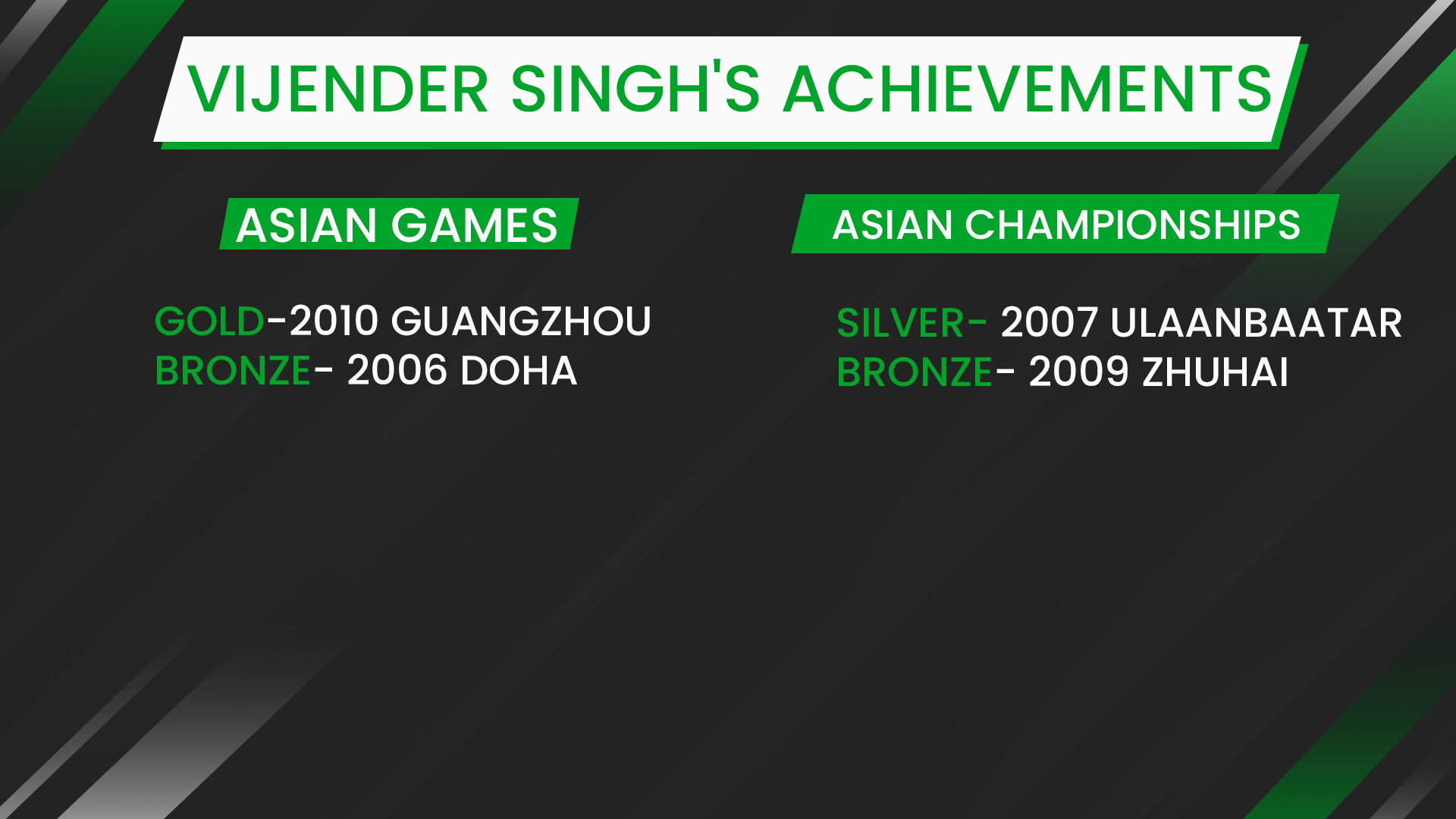
Others may have done the spadework and created space for Vijender to emerge from the village of Kaluwas, but he is the man who has put Bhiwani and BBC- Bhiwani Boxing Club- on the world map. Vijender is the most famous pupil of boxing coach Jagdish Sigh.
Apart from the Olympic Games bronze, Vijender also won gold at 2010 Asian Games, two silver medals at Commonwealth Games.
Laishram Sarita Devi
She is another Manipuri in this list and her presence shows how dominant Manipuris are in boxing.
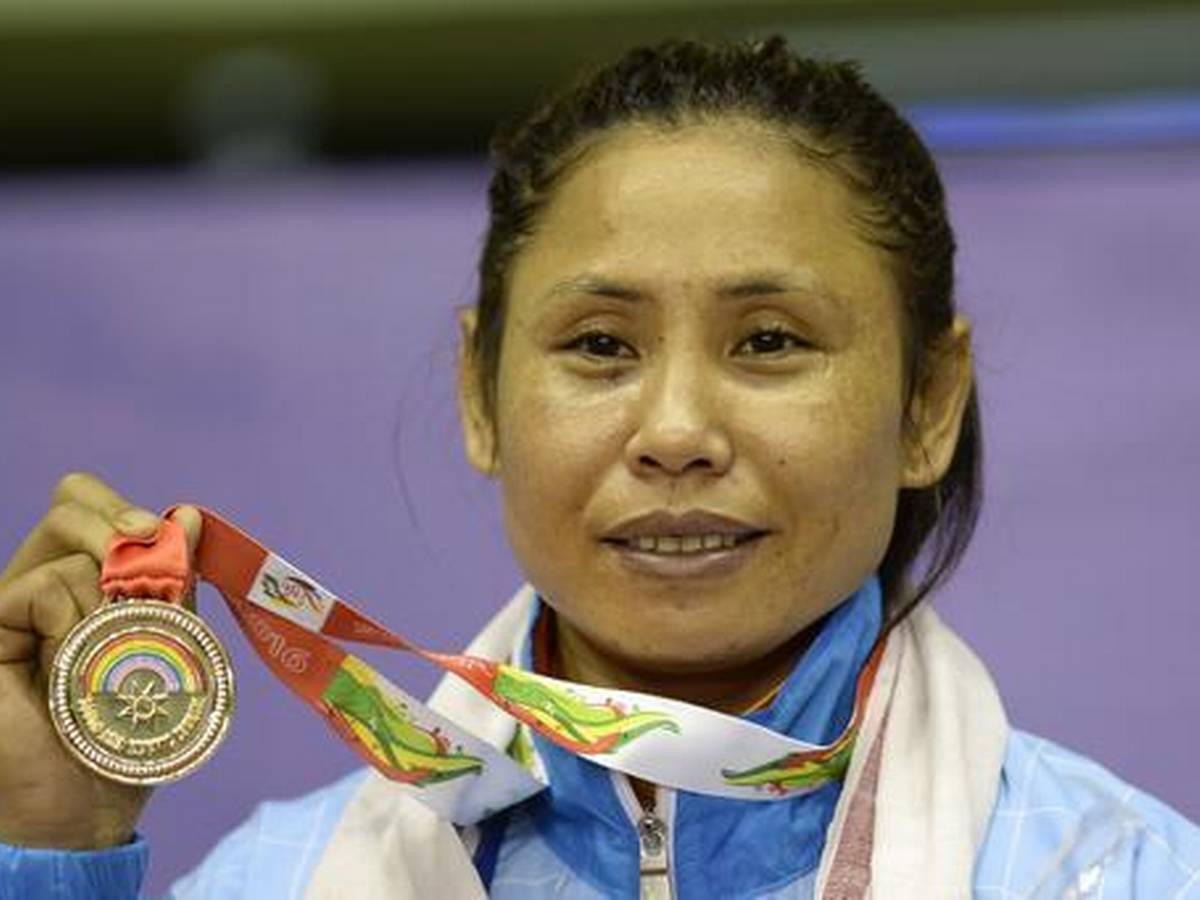
A seasoned campaigner, Sarita, is a four-time Asian Championship gold medallist. She also won the World Championship gold in the lightweight division in 2006. She took up boxing idolising boxing legend Muhammed Ali.
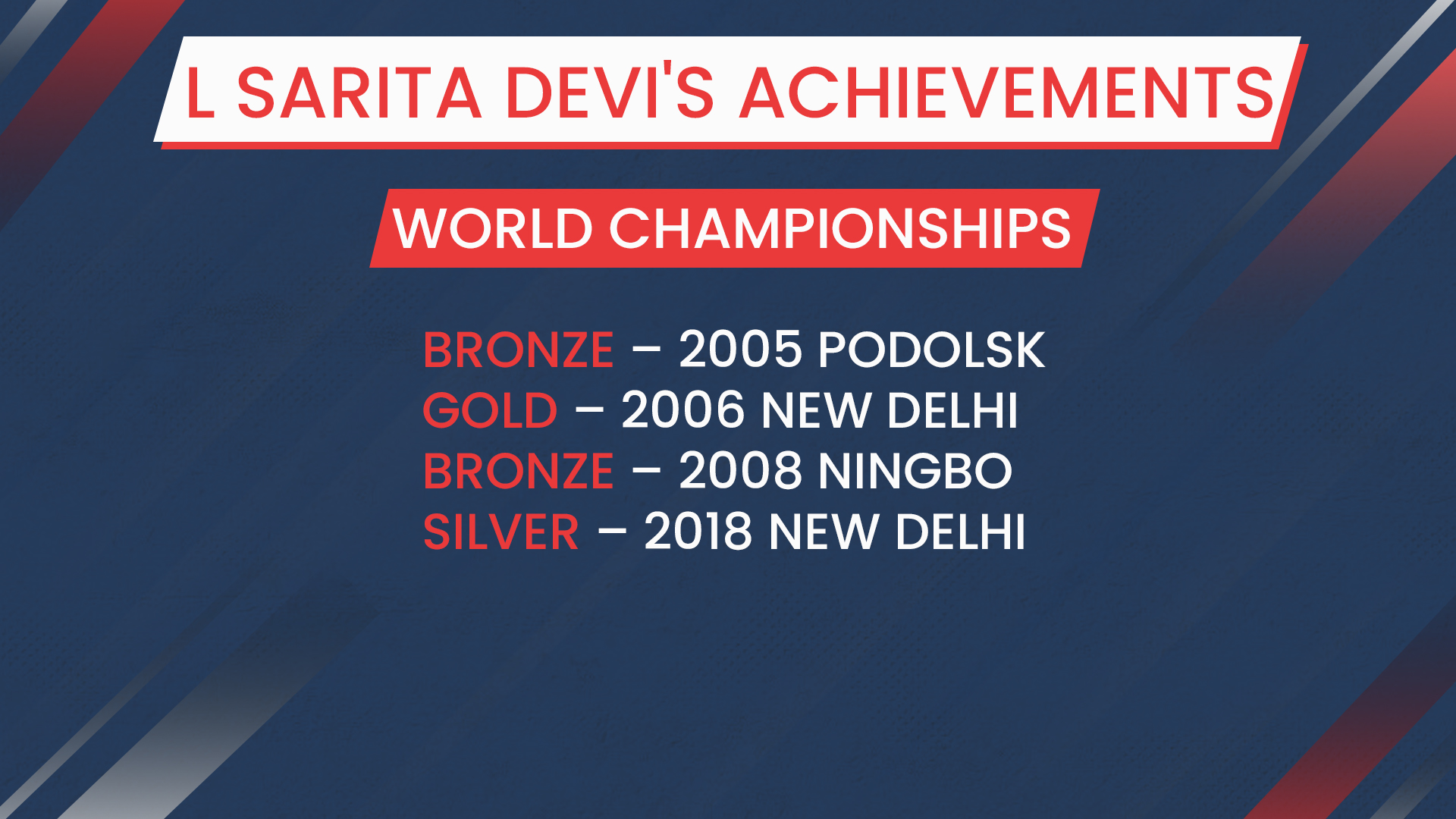
Sarita courted controversy in the Asian Games in 2014 when she refused to accept her bronze medal at the prize distribution ceremony of the 57-60kg category. While many felt that the Manipur boxer was right in her approach, AIBA suspended her for the ‘disrespectful’ act.
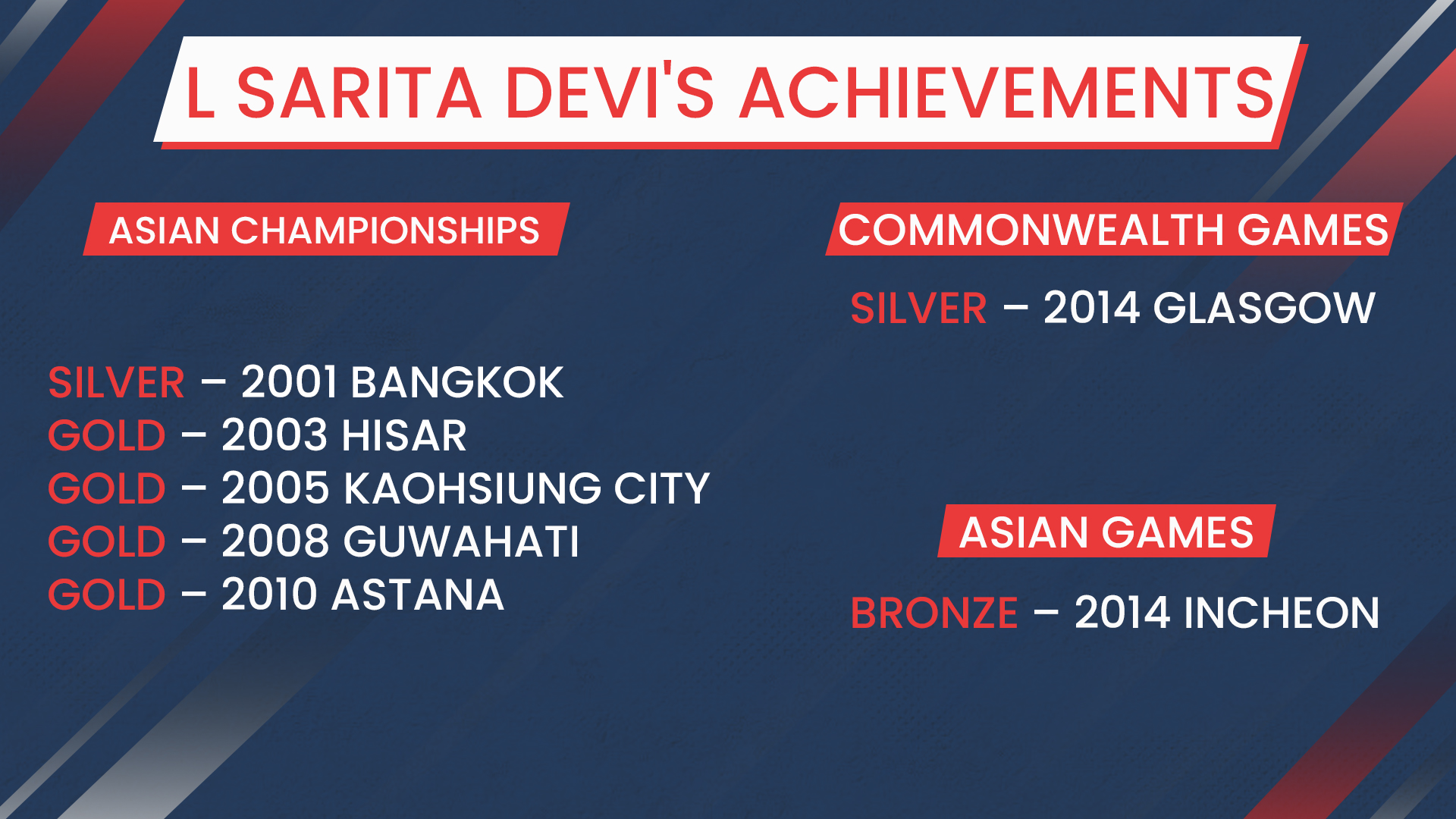
But for Sarita, life now has come a full circle as she has been elected unopposed as a member of the first-ever international boxing body (AIBA) athletes' commission in November 2019.
Mary Kom
She is the epitome of Indian boxing. She has won almost everything in international boxing.
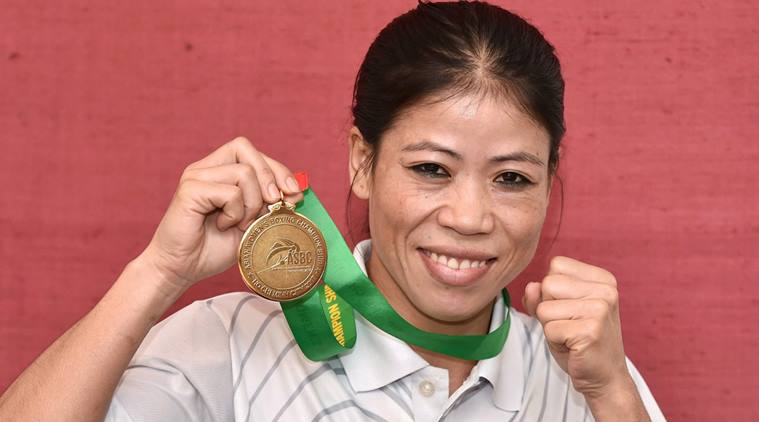
Six-time world champion and Olympic medallist Mary Kom is one of the most decorated boxers in the world. If Vijender Singh helped India to earn a place in the world's boxing map, it was Mary Kom who made sure India consolidate its position among the best.
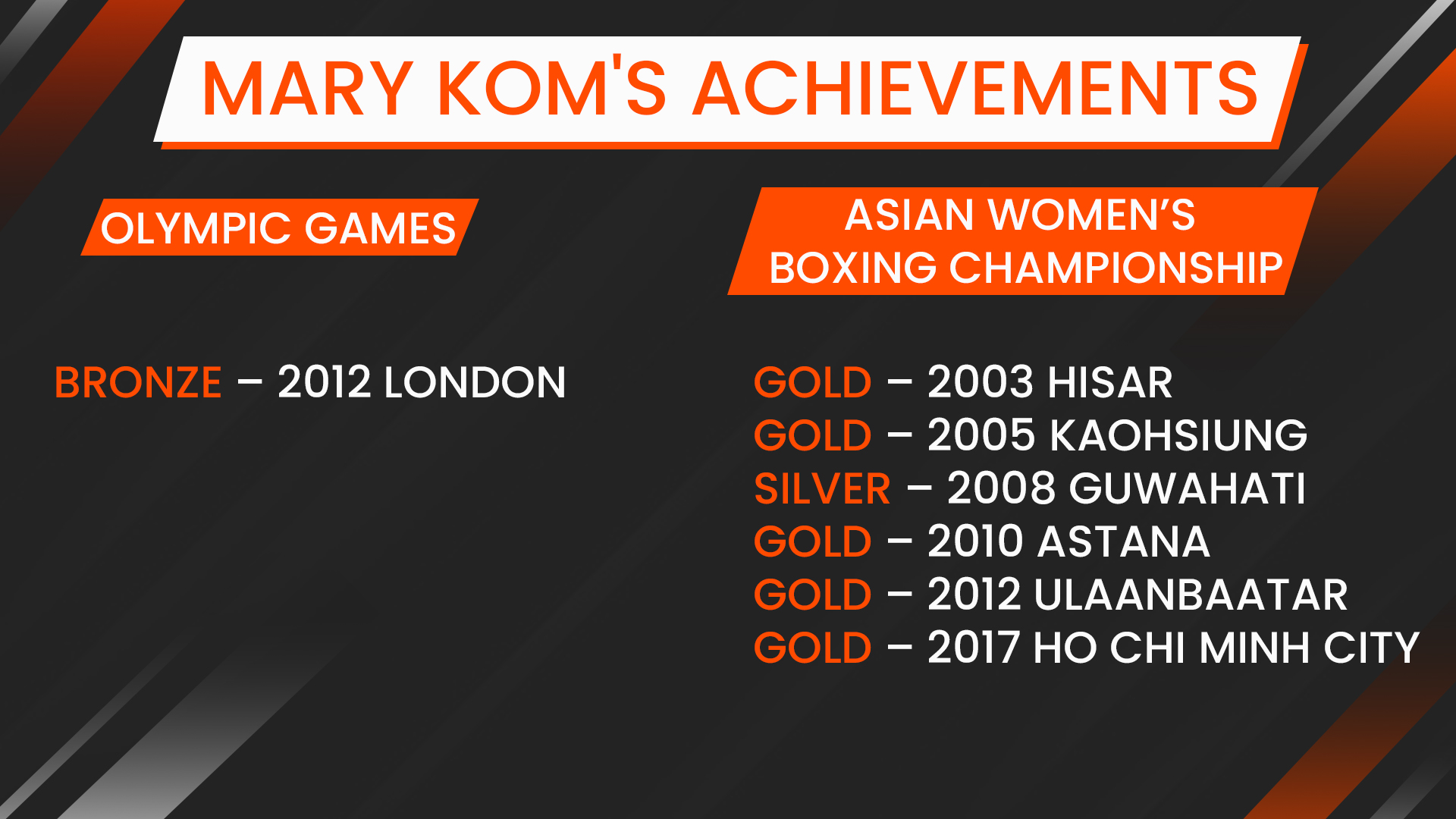
India's most successful boxer Mary Kom emerged from the village of Manipur just like her predecessor Dingko Singh. To pursue her passion in boxing Mary Kom sacrificed at lot. And the sport gave her back handsomely. She quit school after class 8.
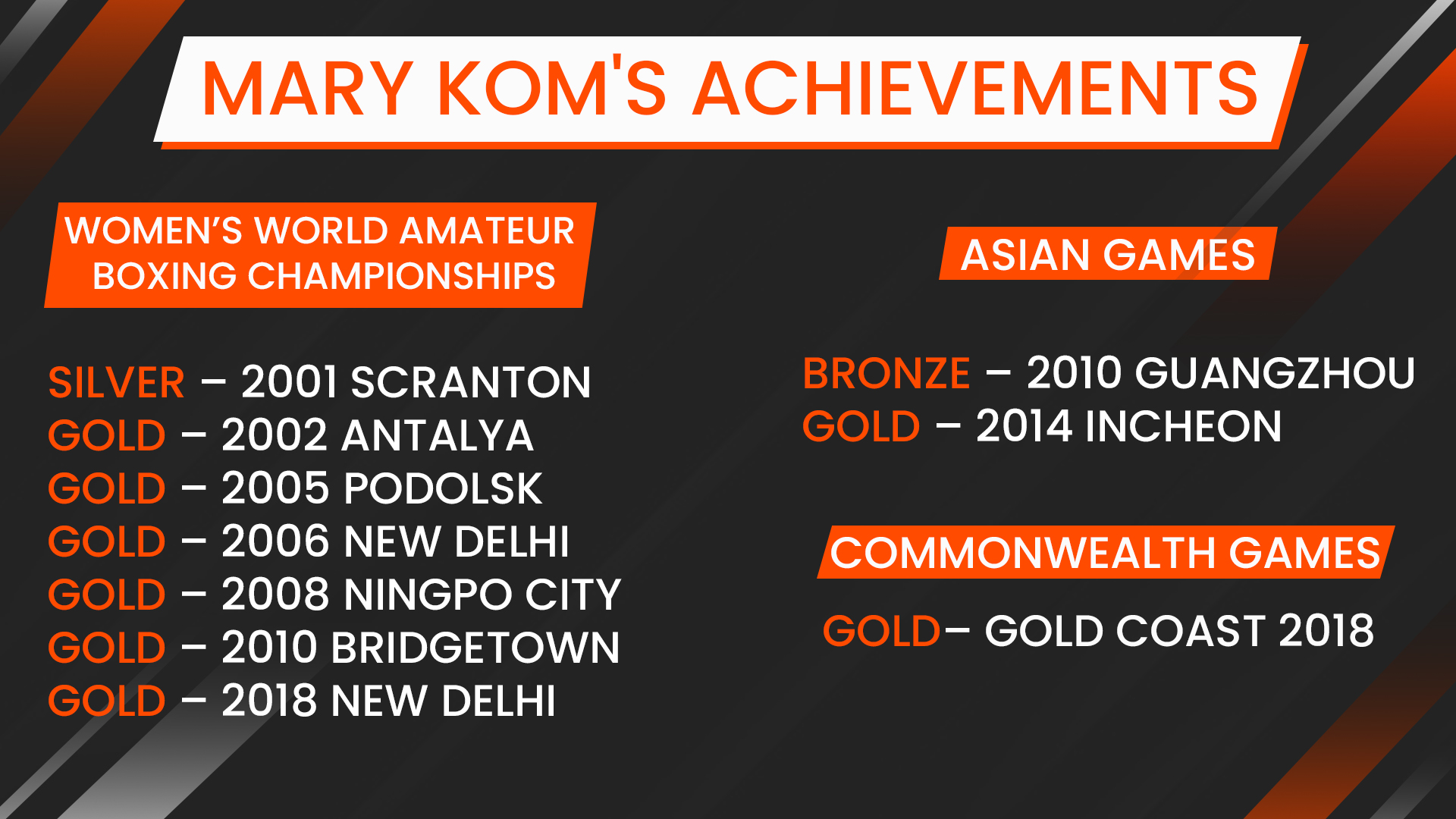
Mary Kom started her training under the watchful gaze of M. Narjit Singh in Imphal. Since her AIBA World Boxing Championship silver medal in 2001, Mary went on to win five Asian Women’s Boxing Championship gold medals, Asian Games and Commonwealth Games gold, and the most coveted Olympic medal, a bronze, in 2012. Today she is the role model to India women. Mary also runs a female-only boxing club in Imphal to teach girls to defend themselves against sexual violence.
